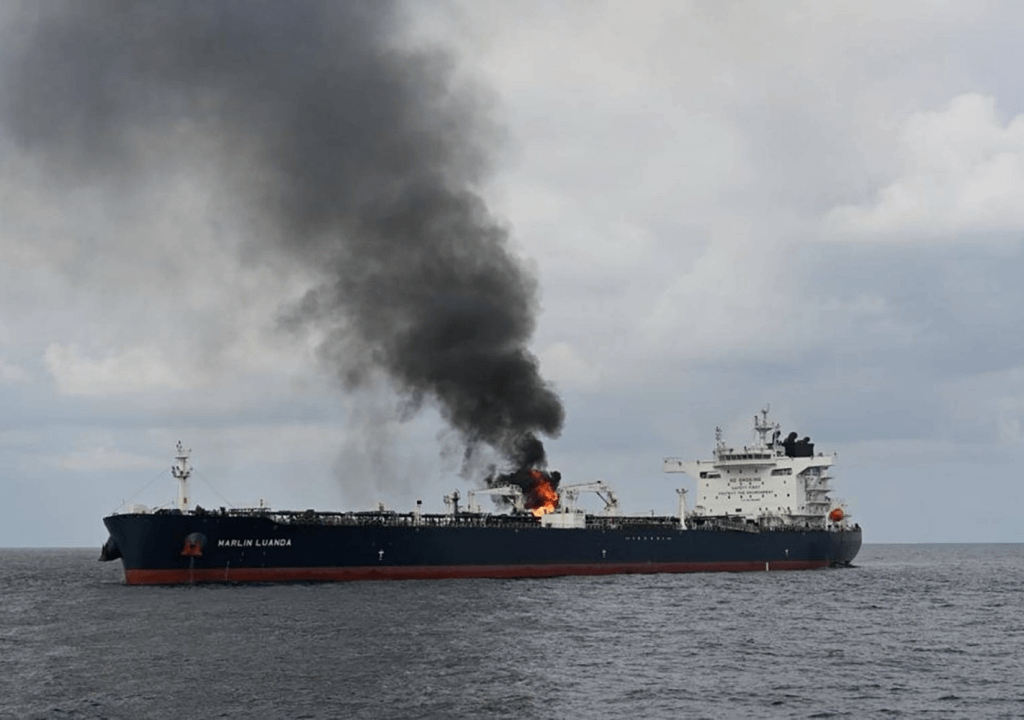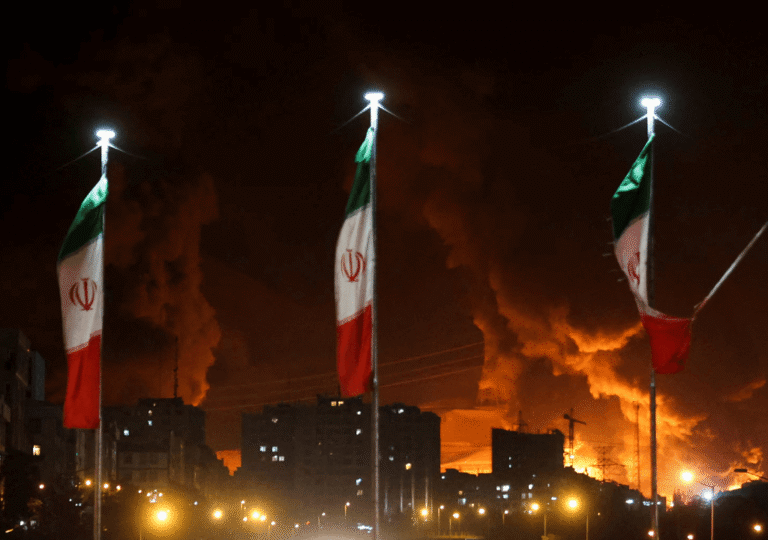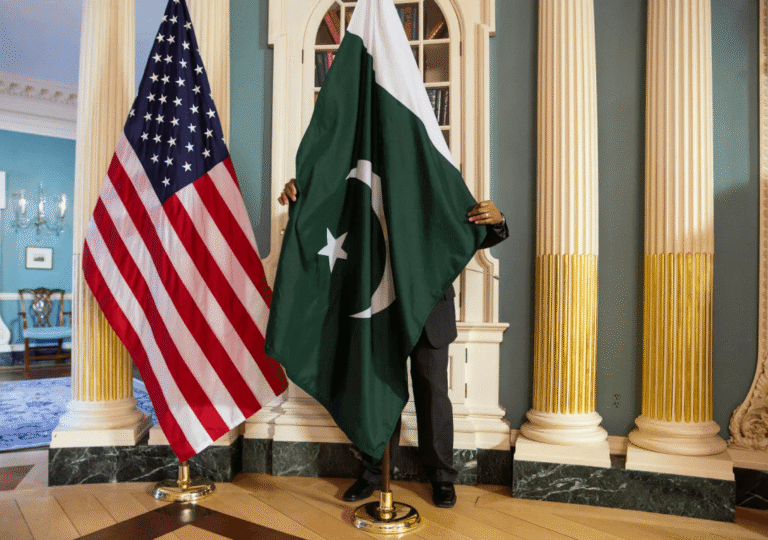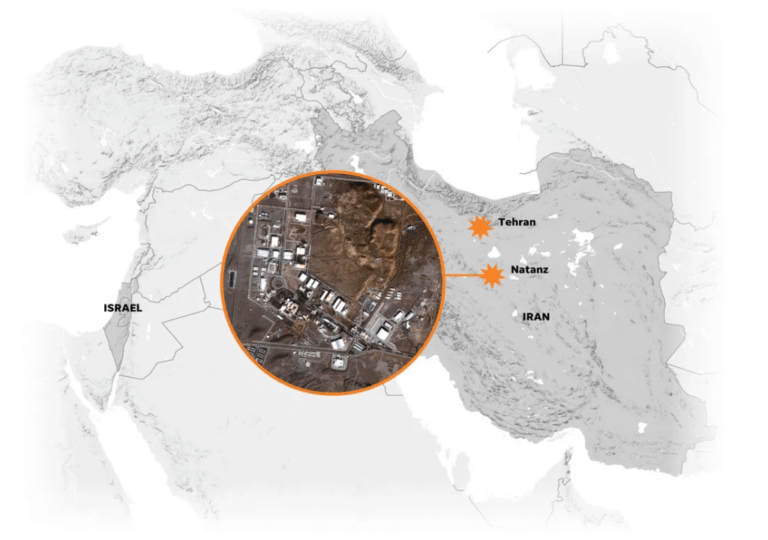After Al-Qaeda, the Taliban, and the Islamic State, the United States has shifted its focus toward yet another extremist Islamic faction—the Houthis. This group has emerged as a substantial threat to the global trade route extending from the Red Sea to the Indian Ocean. The disruptive activities of the Houthis pose a significant risk to the critical trade pathway linking Asia and Europe, causing considerable financial losses for businesses worldwide.
The United States has entered the arena, initiating targeted strikes against the Houthi group to incapacitate their offensive capabilities. Reports from Centcom indicate that the US precision-targeted a land-attack cruise missile and four anti-ship missiles, positioned for launch in the Red Sea. These military actions followed coordinated strikes by both the US and the UK on Houthi targets the day before. Yahya Sarea, the Houthi group’s military spokesman, affirmed, “These attacks will not deter us from our moral, religious, and humanitarian stance in support of the resilient Palestinian people in the Gaza Strip and will not go unanswered or unpunished.”
The Houthi movement, self-identifying as Ansar Allah (Supporters of God), emerged as a Shia Islamist political and military entity rooted in Yemen during the 1990s. Predominantly consisting of Zaidi Shias, its leadership maintains close affiliations with the Houthi tribe. By targeting ships linked to Israel, the Houthis project an image of themselves as formidable fighters for Islam. Notably, there is an alliance between Hamas, responsible for the October 7 attack on southern Israel, and the Houthis, both receiving substantial backing from Iran. The Houthis assert their assaults on Red Sea shipping as a demonstration of solidarity with Palestinians in Gaza, causing disruptions in crucial shipping routes and consequential impacts on international trade.
Starting from November 19, the Houthis have seized a commercial ship in the Red Sea and subsequently directed attacks on over two dozen others using a combination of drones, missiles, and speed boats. Despite the Houthis claiming to specifically target Israeli-owned, flagged, or operated ships, or those bound for Israeli ports, a significant number of the vessels under attack have no discernible connection with Israel. Notably, even a British-linked tanker fell victim to Houthi attacks, which were attributed to “American-British aggression.” The Houthi ship attacks have significantly affected global economies, compelling shipping companies to alter routes, resulting in delivery delays, price hikes, and overall economic repercussions. Egypt reported a nearly 50% drop in Suez Canal revenue in January, accompanied by a more than one-third decrease in the number of ships navigating the vital trade route. Major shipping companies have chosen a longer route around southern Africa in order to reduce risk.
The United States and the United Kingdom initiated airstrikes on Houthi targets in Yemen on January 11, responding to the attacks on Red Sea ships that posed threats to trade and freedom of navigation. President Joe Biden characterized the strikes as a “direct response” to safeguard these interests. UK Prime Minister Rishi Sunak deemed the action “necessary and proportionate” to protect global shipping. While US-led naval forces have successfully thwarted numerous attacks, the dynamics underwent a significant shift with the direct intervention of the United States in Yemen, aligning its interests with those of global shipping companies, Israel, and Saudi Arabia.
If the current tensions escalate into a war, the U.S. would face a challenging scenario. The Houthi rebels exercise control over Sanaa and the northwest, including the Red Sea coastline, effectively functioning as a quasi-government with the ability to levy taxes and issue currency. Given that the majority of Yemen’s population resides in these regions, any further escalation is likely to lead to a prolonged and intricate conflict. The Houthi involvement in Yemen’s civil war traces back to 2014, endowing them with substantial experience in enduring prolonged conflicts with the official government. Their resilience has been demonstrated through years of enduring airstrikes and ground combat.
Saudi Arabia, a possible future participant in the conflict, has encountered significant Houthi attacks, prompting diplomatic endeavors to facilitate a peace accord. Despite a UN-mediated ceasefire in effect since April 2022, recent developments have diminished the likelihood of long-term stability in the region.
According to the US, Iran is actively supporting Houthi attacks on ships, which is vigorously refuted by Iran and led President Biden to send a “private message” to Tehran requesting an end to these activities. There are still ongoing claims that Iran has secretly sent weapons to the Houthis, including ballistic, cruise, and drone missiles, in violation of a UN arms embargo. According to the Italian Institute of International Political Studies, Iran has been crucial in helping the Houthis set up drone factories in Yemen. In addition, there is evidence of military direction and assistance coming from the Islamist organization Hezbollah in Lebanon.
Meanwhile, US Secretary of State Antony Blinken is embarking on a Middle East trip with scheduled meetings in Israel, Egypt, Qatar, Saudi Arabia, and the West Bank. According to Mr. Sullivan, Blinken’s top priority will be brokering a deal between Israel and Hamas, focusing on securing the release of hostages in exchange for a temporary cessation of hostilities in Gaza. The push for de-escalation in both Gaza and the Red Sea region is expected.
In this context, the likelihood of a full-scale war akin to Iraq and Afghanistan is diminished, given the United States’ reluctance for such conflicts in the region. A settlement involving Qatar, Saudi Arabia, Iran, Israel, and the USA appears as the most plausible outcome, given that economic interests take precedence for modern nations. The rapid rise in oil prices, compounded by the ongoing Russia-Ukraine war, poses further risks to the global economy. The potential costs of an escalating war would negatively impact every country, everyone will be a loser.
Sometimes, indeed, oil can play a crucial role in saving the world.








